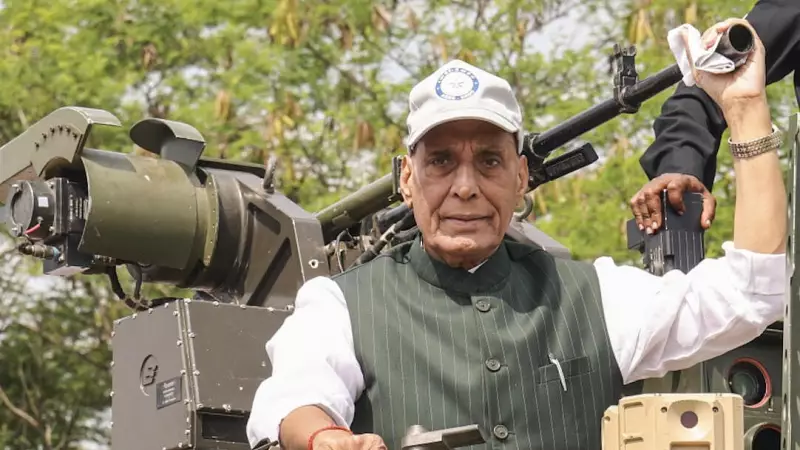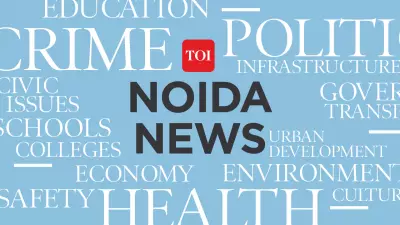
In a startling development that has sent shockwaves through India's defense establishment, the Uttar Pradesh Anti-Terrorism Squad (ATS) has apprehended a senior engineer from Brahmos Aerospace in connection with a major espionage case.
The Accused and His Position
The individual at the center of this security breach has been identified as Nishant Aggarwal, a respected engineer who held a sensitive position within the prestigious missile manufacturing organization. His arrest comes after intensive surveillance and investigation by security agencies.
Alleged Pakistani ISI Connection
According to official sources, Aggarwal stands accused of maintaining clandestine communication with handlers believed to be associated with Pakistan's Inter-Services Intelligence (ISI). The sophisticated espionage operation allegedly involved the transmission of classified information related to India's advanced missile systems.
Technical Espionage Methods Uncovered
Investigators have revealed that the accused utilized multiple social media platforms and encrypted communication channels to transmit sensitive data. The technical nature of the information shared potentially compromises critical defense technology that forms the backbone of India's strategic deterrence capabilities.
Security Implications
This case raises serious questions about security protocols within sensitive defense establishments. The ability of an employee to allegedly transfer classified information undetected for a significant period has prompted urgent reviews of existing security measures.
Investigation Timeline and Current Status
The UP ATS, in coordination with other central agencies, has been monitoring this case for several weeks before making the decisive arrest. Aggarwal is currently undergoing intensive interrogation as authorities work to uncover the full extent of the espionage network and identify other potential collaborators.
This development comes at a crucial time when India is enhancing its defense capabilities, making the protection of sensitive technological information paramount to national security interests.





